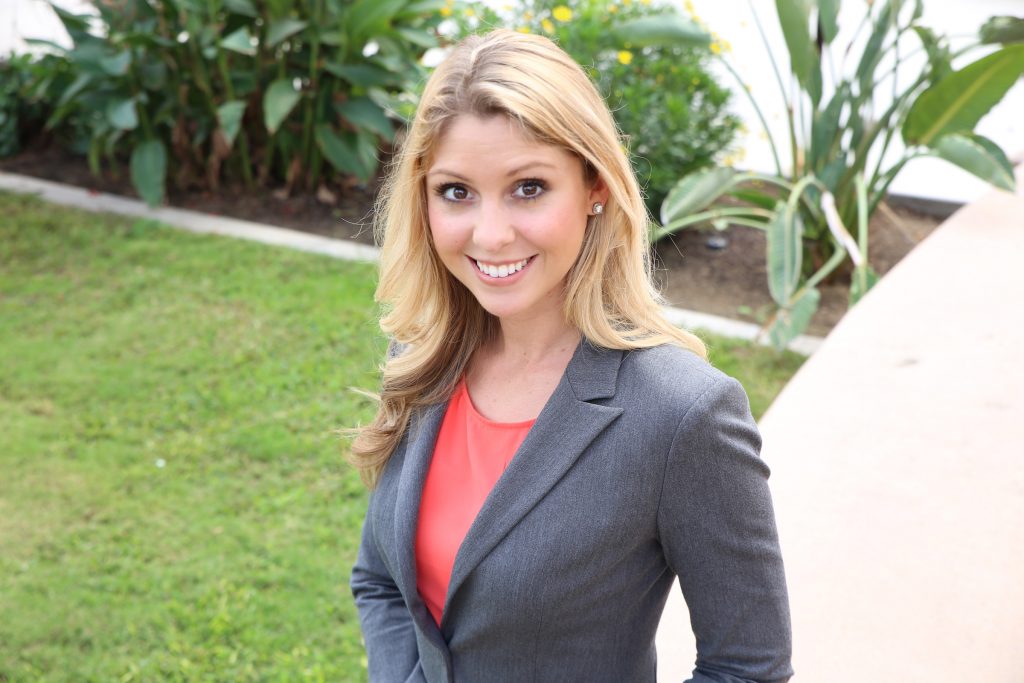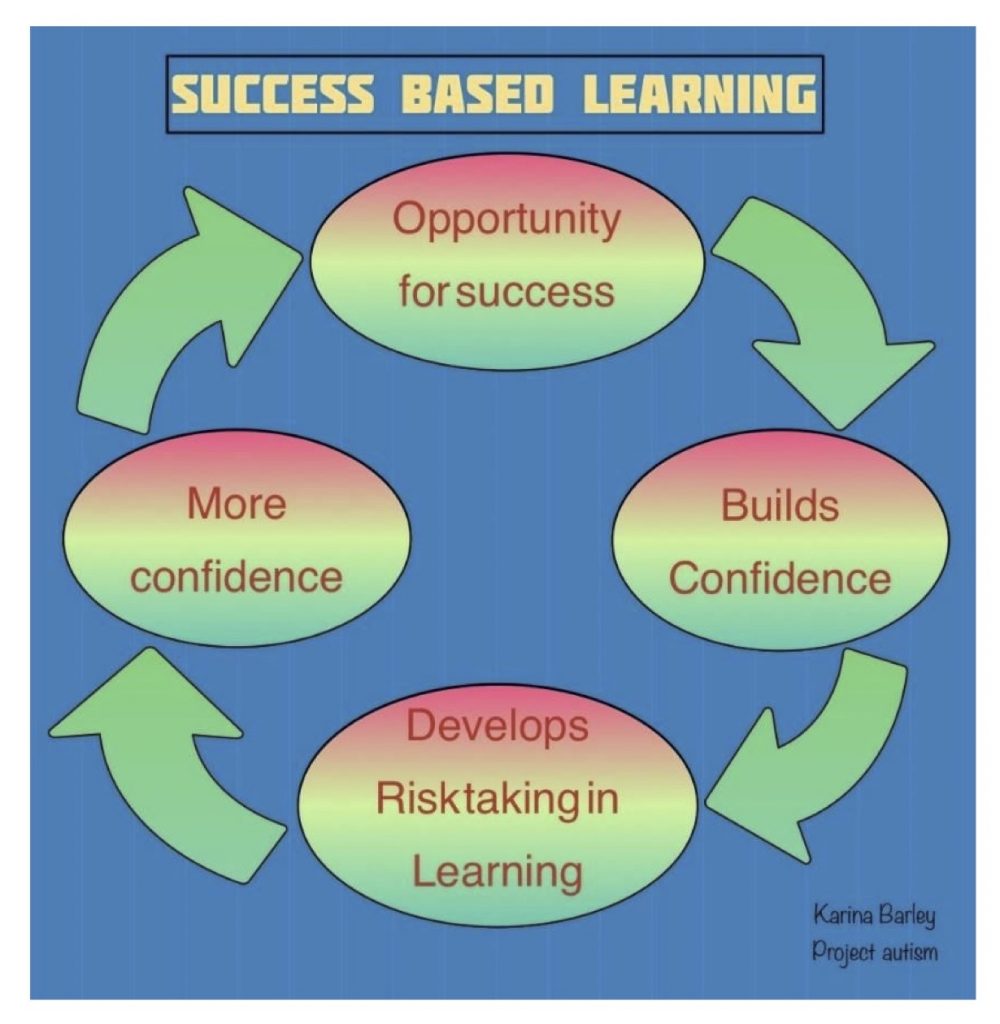Special Education: Three things I know for sure
Three things I know for sure from my experience as a Special Education Educator

By Karina D. Barley (Diploma of Teaching, Post Graduate Diploma of Education, Masters of Education – Inclusive and Special Education, Certificate of Educational Research – Special Education)
I have been a teacher for over thirty years; ten of which I spent in special education.
I am currently in the privileged position of teaching pre-service and current teachers both at University level and in Professional Development courses. To encapsulate what I know into three dot points is somewhat challenging, so I thought about what I wished someone had told me when I began my teaching career. This helped me to define three things I know for sure, which are:
The first job as an educator is to provide a foundation that is firmly set in trust, confidence and knowledge of your students. You need to get to know your students; what makes them who they are and what makes them ‘tick’? When you have this knowledge, you can then cater to their needs, build their trust and confidence in you, which will in turn provide them with trust and confidence in themselves and their learning. I honestly do not believe you can be the greatest teacher you can be without this. In partnership with this premise, is a question to ask yourself: What is the legacy you want to leave? In twenty years’ time, how do you wish to be remembered by your students? I hope the answer is that you want to be remembered as a compassionate, caring teacher who inspired and believed in each and every student.
NEVER assume what a student can do.
Secondly, we should NEVER assume what a student can do. It is easy to get caught up in test scores, IQ, performance, reports etc. and forget that we are working with unique individuals. If a student is nonverbal, this does not also mean they are not capable. If a student has a disability, this does not mean they do not have potential. I firmly believe each and every child has potential and possibility and it is us up to us as educators to assist each child to attain their best. When we believe in an individual, it is far easier for them to believe in themselves. Your job is to motivate and provide lots of experiences of success.
Success begets success.
The previous point, leads me to the next. Success begets success. I believe that learning is a cycle. When we focus on what students can do, rather than what they can’t do then we provide them with constant feelings of success. This builds confidence, which in turn reinforces ‘risk taking’ in learning, which leads to more success. What evolves is a cycle of successful and success based learning. One of the problems for students who have a disability is that teachers focus upon their deficits, consequently these kids experience ongoing, daily incidences of failure. Making them do what they cannot do over and over shatters their confidence and creates fear around learning. These students eventually develop the mentality that they would rather not try anything, than try and fail. However, if as educators we offer daily experiences of success, then student confidence builds where they are more likely to try new things. When we allow individuals to feel good about themselves, they are less concerned about getting something wrong. This focuses on developing strengths, independence and autonomous learning.
Karina offers Professional Development for educators with Continuing Education Associates (CEA) in the USA and with Teacher Training Australia (TTA) in Australia. She is also an Associate Teacher at Monash University, Australia.
If I Need Help makes wearable iD and offers a free Caregiver controlled special needs registry for our loved ones who may wander or need assistance in a critical moment.
Top 10 List for Parents Prepping for an IEP Meeting
IEP Meeting Prep tips

by Jazmine Gelfand: Jazmine is a special education attorney who offers education and disability legal representation to the greater San Diego community.
- Make sure the IEP meeting is scheduled at a time that is convenient for you. The school team can work with your schedule, to a reasonable extent, and should not meet without you. You can also participate by phone.
- Share your concerns with the IEP team in writing in advance. This helps to guide the discussion and ensures the school team is prepared to develop goals and offer services and/or evaluations in these areas.
- Provide any relevant updates from private providers ahead of the meeting. The IEP team is required to consider all outside information, so you can feel free to share private evaluations, progress reports from private providers, or any written documentation you feel might be helpful for the team to review.
- Ask that copies of the draft IEP be provided 24-hours before the meeting. While the District cannot “predetermine” placement and services, and parents must be included in developing the IEP, requesting copies of the proposed goals and present levels of performance prior to the meeting will allow you to review the documentation thoroughly before the team discussion. This also helps you to use the meeting time as efficiently as possible. Similarly, ask that copies of assessment reports be provided at least 24-hours in advance.
- Don’t be afraid to tape record the IEP meeting. While it can seem awkward to tape record your IEP meeting, school teams are used to this practice, and it shouldn’t inhibit the discussion. Having a recording allows you to relax during the team discussion, knowing that you can always review the recording if you need to refresh your memory later. You will need to provide 24-hours notice in order to record.
- Bring support! You can bring an attorney, advocate, or anyone familiar with the student. Don’t feel like you have to go into the meeting alone. You are permitted to bring a representative to the meeting with you, and can invite anyone who is familiar with the student’s needs and abilities. Examples include a babysitter, service provider, or family member. If you are bringing an attorney, give the school team at least 24-hours notice, as they may choose to be represented, as well.
- Know who is required to attend the IEP meeting. Mandatory IEP participants include the parent, at least one general education teacher if the student is or may participate in the general education setting, a special education teacher, and a representative from the school district/educational agency (often an administrator from the school site). Also, if assessments are being reviewed, a person who is qualified to interpret the assessment results must also attend.
- Leave with a copy! Even if the team still needs to finalize the changes, request a copy of the draft with notes, or at least the notes page. The school team should always be able to make you a copy that day.
- Don’t sign the IEP at the meeting! IEP meetings can be stressful and overwhelming. You always have the right to take a copy of the IEP home with you to review, then sign once you are completely comfortable with the proposed goals and offer of services.
- Remember, you can request an IEP meeting at any time! You don’t have to wait for the annual review, or for the District to call one.
Jazmine Gelfand (specialedlegalcare.com) is a special education attorney who offers education and disability legal representation to the greater San Diego community. Jazmine has been passionate about advocating for children’s education since beginning her undergraduate studies, and she graduated with a B.S. in Early Childhood Development. After enrolling in law school, Jazmine helped create a new student organization on campus, Advocates for Children and Education, which developed several outreach programs to support children’s education rights. She first became interested in the area of special education law after interning with the San Diego Volunteer Lawyer Program’s Education Project. Jazmine also participated in several on-campus clinics, including the Child Advocacy Institute’s Policy Clinic, and the Special Education Legal Clinic, where she represented the rights of low-income students with special needs.
Upon graduating with her J.D. from the University of San Diego School of Law, Jazmine was awarded the 2014 James A. D’Angelo Outstanding Child Advocate Award, as well as the pro bono service award, in recognition of her contributions to San Diego’s low-income community.
Jazmine is committed to providing aggressive legal representation for her clients, while being sensitive to the need to work collaboratively, under a solutions-oriented approach. She is admitted to practice law in all California state courts.


